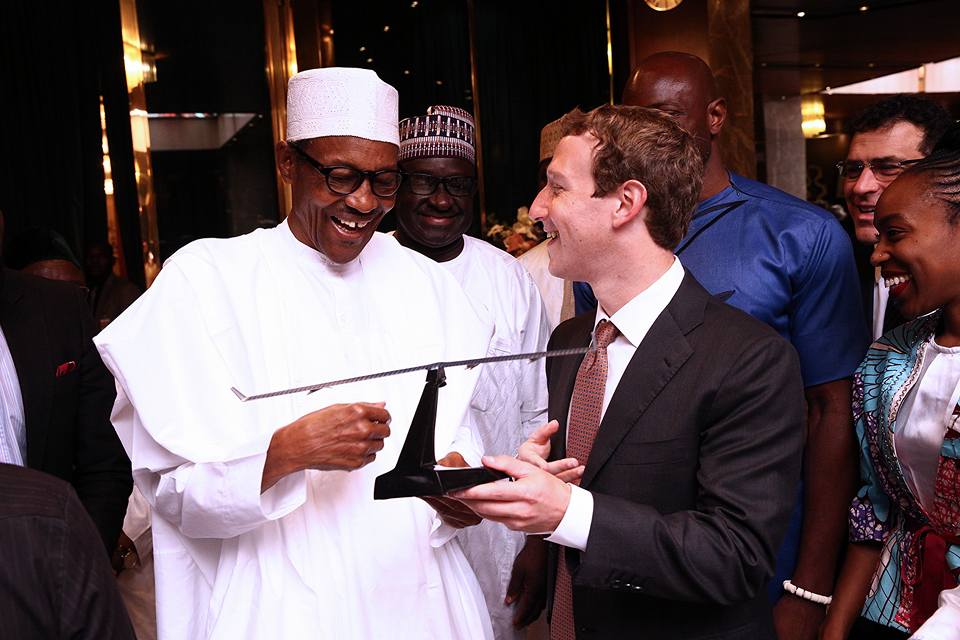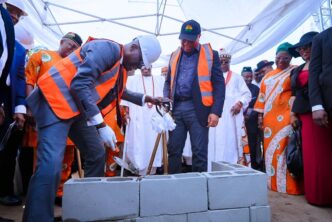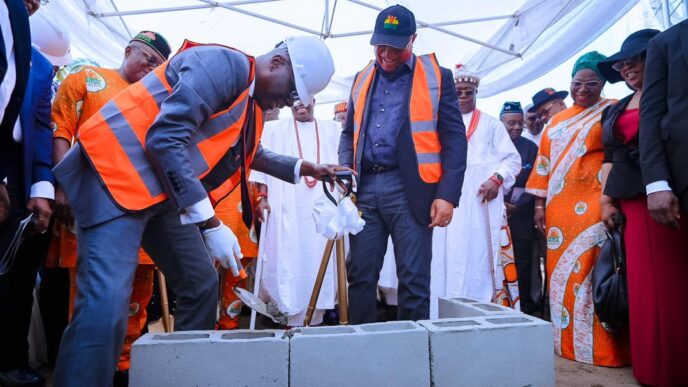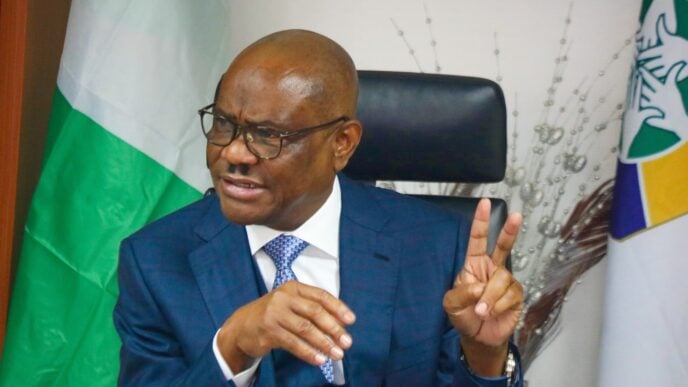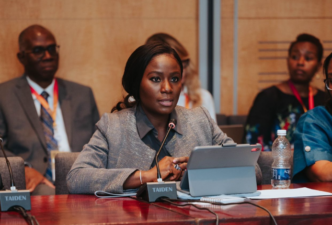BY JAMES EZE
The arrival of Mark Zuckerberg in Lagos, Nigeria on August 30, 2016 caused quite a stir. A picture of boyish Zuckerberg in sports wears jogging on Ikoyi Bridge with some tech entrepreneurs created a wave of excitement that swept through Nigeria’s social media stratosphere like a hurricane. The country’s disproportionate youth population was in understandable frenzy. Nigeria had seemed an unlikely place for Zukerberg. Although Bill Gates had visited a few times before, but Mark was special. He was a favourite of the youths. And why not?
Clad in a simple T-shirt and jeans, the youths saw more of themselves in him than they did in severe looking Gates who cut the image of a dyed-in-the-wool scientist. In the fuzzy optimism of youth, scientists are boring, while tech geeks are super cool!
Mark’s appeal is stronger than youthful looks, though. Out of 3.07bn Facebook users worldwide, Nigeria has 41.6m of them, accounting for 18.5 percent of global users of the app. Similarly, 51m Nigerians are on WhatsApp while 12.4m are on Instagram. This indicates that over 100m people use Mark’s apps in Nigeria. He was only 32 when he visited.
Mark’s visit raised high hopes in the Nigerian tech startups ecosystem. It served as a huge acknowledgement of the fledgling industry and a confidence vote on the innovative abilities of the Nigerian youths. Indeed, the symbolism of the visit was remarkable. The fact that Zukerberg was accompanied on that journey by a Nigerian tech head; Chukwuemeka Afigbo, who worked then as Facebook’s Global Developer Community Programs strategist, gave a boost to the overall appeal of the visit. Afigbo mirrored the dream of many Nigerian youths. If he could rise to such a position of influence with Mark, then they too could.
Advertisement
It is possible that such thinking may have influenced the impressive growth of the Nigerian startup ecosystem. Nigeria has 3,360 startups. The largest in Africa. Nigeria holds a great deal of hope for the future of tech hubs in Africa. The startup ecosystem in the city of Lagos alone is valued at $9bn. It hosts over 2000 startups. While that is interesting, there are far more interesting things about the future of tech hubs in Nigeria than the economic weight of its Lagos theater.
In 2021 alone, the ICT sector, driven largely by the startup hubs contributed 15 percent of the Nigerian GDP. The Nigerian startup hubs raised over $1.8bn funds which accounted for 35 percent of the startup funds pooled together on the continent for that year. That is impact. They have also impacted on the job market, creating thousands of jobs within their short period of existence. For instance, Wennovation Hub, a tech hub with multiple locations in Abuja, Lagos and Ibadan has created 12,500 jobs and trained 50,000 youths. Wennovation has also invested N500m in seed capital to support over 450 startup teams. For a sector that hardly gets the tinniest attention from the government, this is impressive.
Indeed, there is so much hope for Nigeria in tech entrepreneurship. The global Startup Ecosystem Index report by Startup Blink placed Nigeria at the 64th position worldwide and 4th in Africa on the list of global cities for startups in 2024. Coming at a time when every other indices of existence points downwards, the Nigerian startup ecosystem holds the banner of hope aloft for all to see. Leading Nigerian cities like Lagos, Abuja, Ibadan, Enugu and Port Harcourt made the list of 1000 cities considered ideal for startups in 2024. Lagos ranked Number one among Nigerian cities by appearing as the 70th on the list, Abuja came second in Nigeria by appearing at the 447th position on the global list, while Ibadan came third in Nigeria with its 456th position on the global list. Enugu came 4th in Nigeria with its 697th position on the global chart and Port Harcourt came 5th with 768th placing on the global list. This is a clear indication that Nigeria has no wish to be left behind in the exploding tech markets.
Advertisement
In fact, Nigeria’s fintech startup giants, Flutterwave and Opay are rapidly sinking their roots across the sub-region and making a success of their efforts. Founded in the very year of Mark Zukerberg’s visit, Flutterwave has grown into a tech behemoth of sorts with its market value estimated at $3bn. Similarly, Opay, another fintech startup founded two years after his visit stands at $2bn in market value. At the same time, some startup hubs like Ventures Platform founded the same year of Mark’s visit in Abuja and Roar Nigeria Hub, founded a year after are both doing exceedingly well. Roar Nigeria has the distinction of being the first tech innovation hub founded and run in a university. Roar is located in the University of Nigeria Nsukka, Enugu State. There are many other Startup hubs in Nigeria that are changing the narrative of tech-preneurship. The Co-creation Hub (Yaba Lagos), IDEA Hub (Yaba), Enspire Hub (Abuja), the Blue Hub (Kano), TechX Innovation Hub (Enugu) and Binary Hills Hub (Enugu) among others are all doing well.
It is a fascinating twist of irony that at a time when there’s a scarcity of something to be cheerful for in Nigeria, many Nigerian youths are re-inventing themselves in the over 3,360 tech hubs scattered across the country. It is a tribute to the resilience of the human spirit that mushrooms still sprout from the decay of fallen woods to enrich our dining tables. Startup hubs may well be the solitary glimmer of hope for Nigeria.
Eze, a poet, journalist and PR Strategist writes from Enugu.
Advertisement
Views expressed by contributors are strictly personal and not of TheCable.
Add a comment
